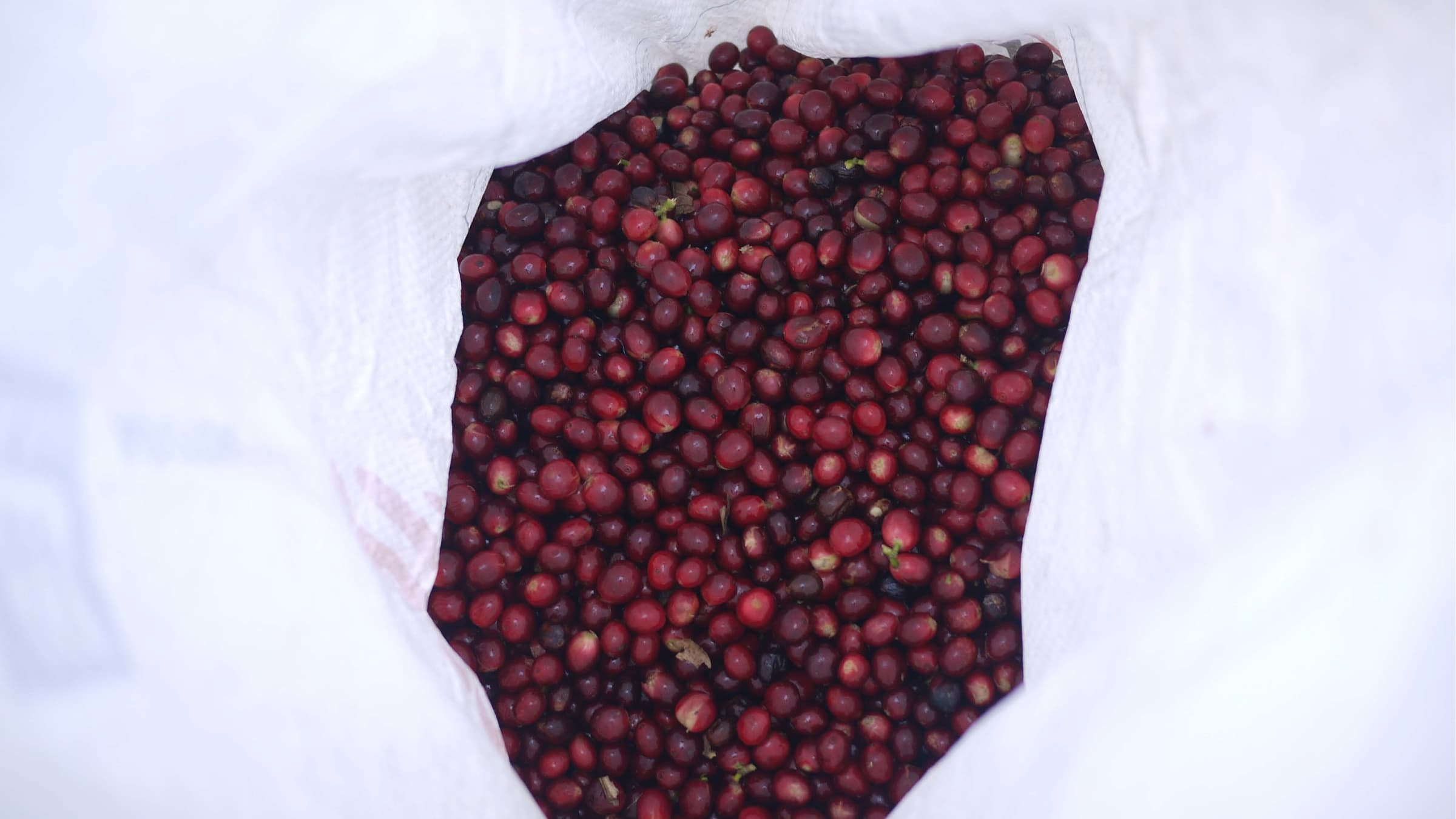SCA 2019: Genetic Improvements of Cup Quality: Latest Developments
Neuschwander’s April 2019 SCA presentation, in podcast form.

After weighing, all the cherries from each particular cross are combined together for processing and eventual quality evaluation. Special facilities for processing small microlots are used. Beans are wet-processed.
Hanna Neuschwander's April 2019 talk on the latest developments of genetic improvements of cup quality is now available on the SCA Podcast! Neuschwander discussed new innovations and shared some lessons learned, including the latest results deriving from these methods and advances on the molecular basis of cup quality.
From the SCA website:
World Coffee Research is working to improve the genetic potential of coffee cup quality. To start this task, you first need to define the meaning of “quality.” WCR believes it is a market-driven definition and organized new protocols to assess quality from the perspective of the coffee industry. With experts and partners, WCR produced the coffee lexicon that allows an objective analytic description of coffee quality attributes. In their presentation, Hanna Neuschwander discussed these innovations and shared some lessons learned, including the latest results deriving from these methods and advances on the molecular basis of cup quality. In particular, Hanna highlights the burgeoning importance of some specific volatile compounds like Limonene. These results are not an end but a beginning; an opportunity for further studies to find out the molecular markers or genes related to cup quality in general.